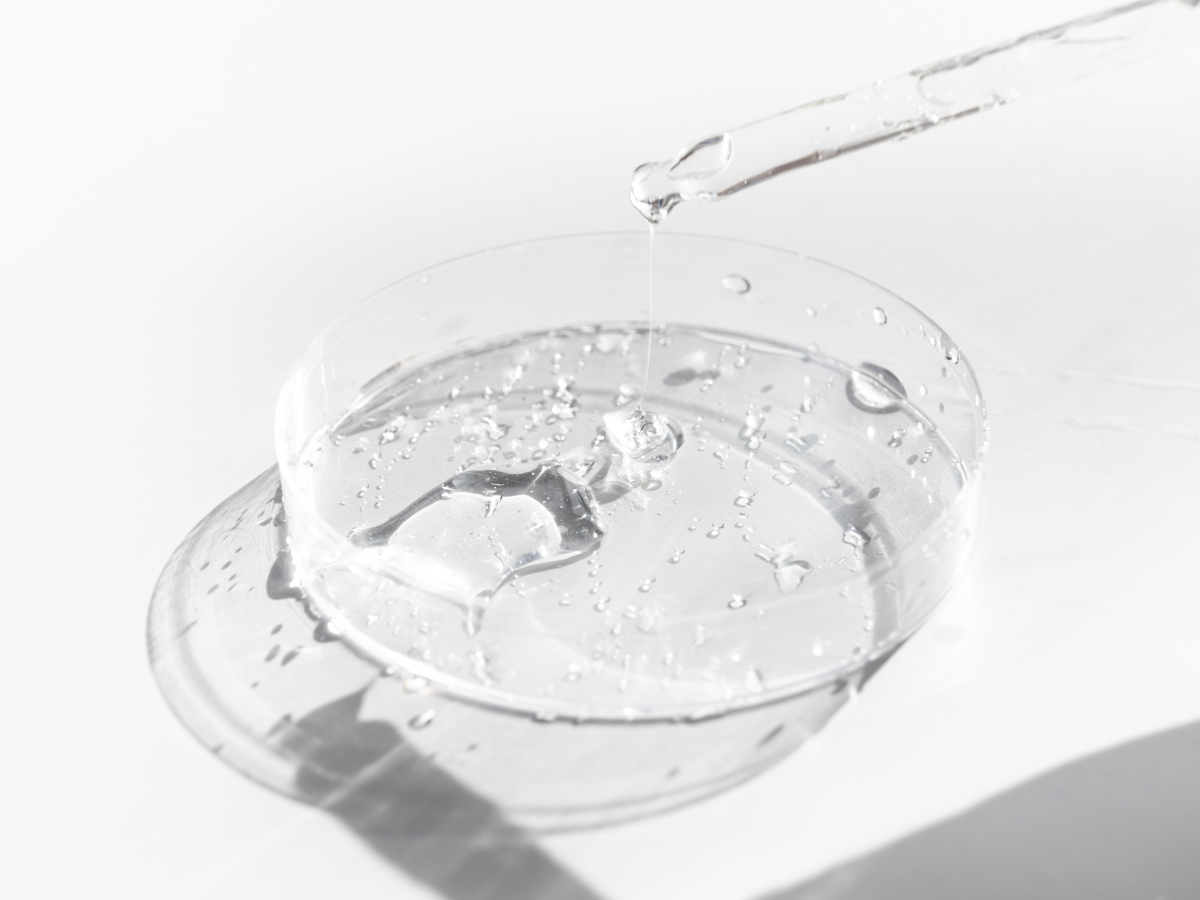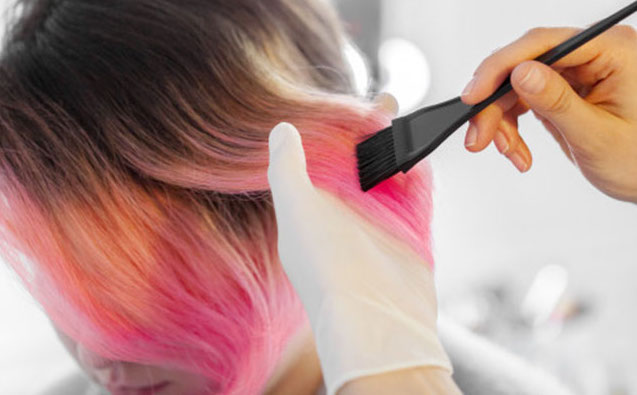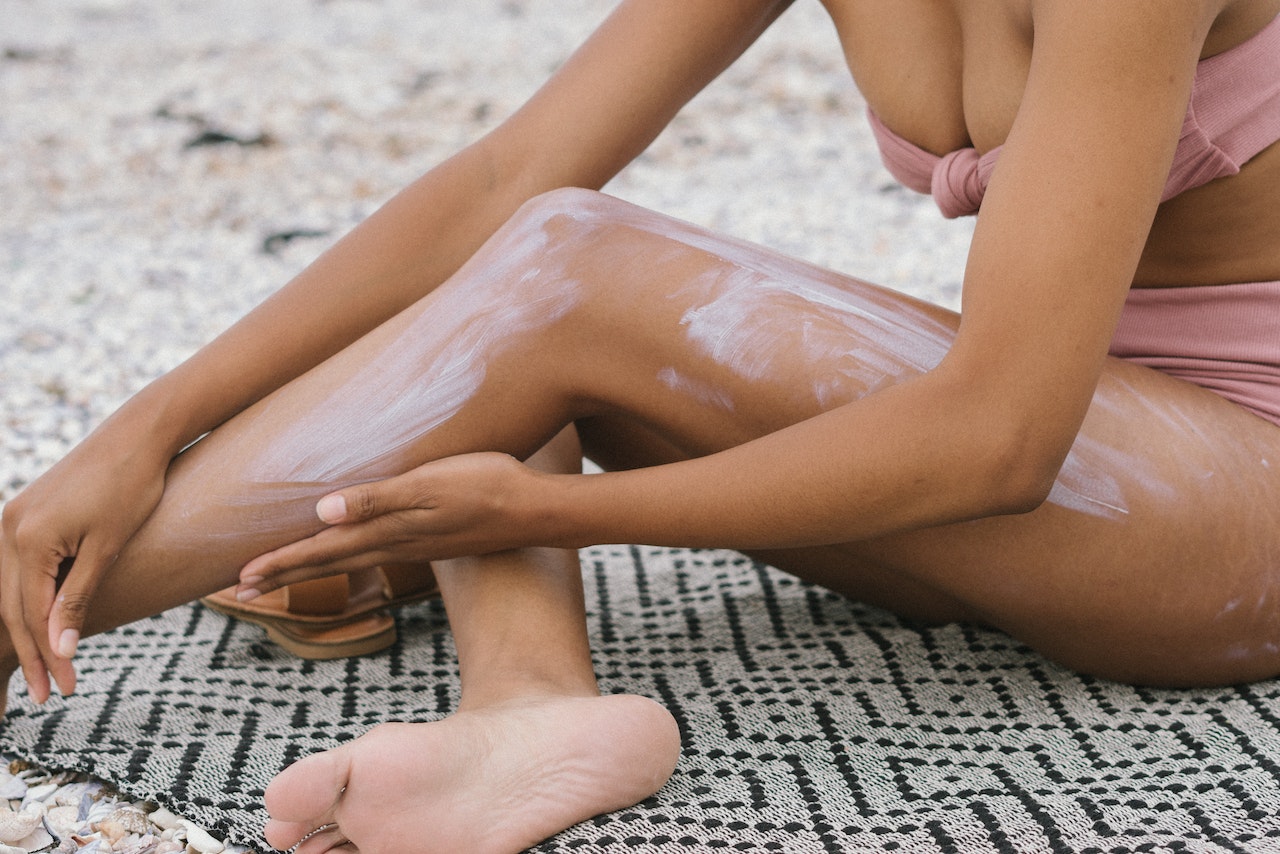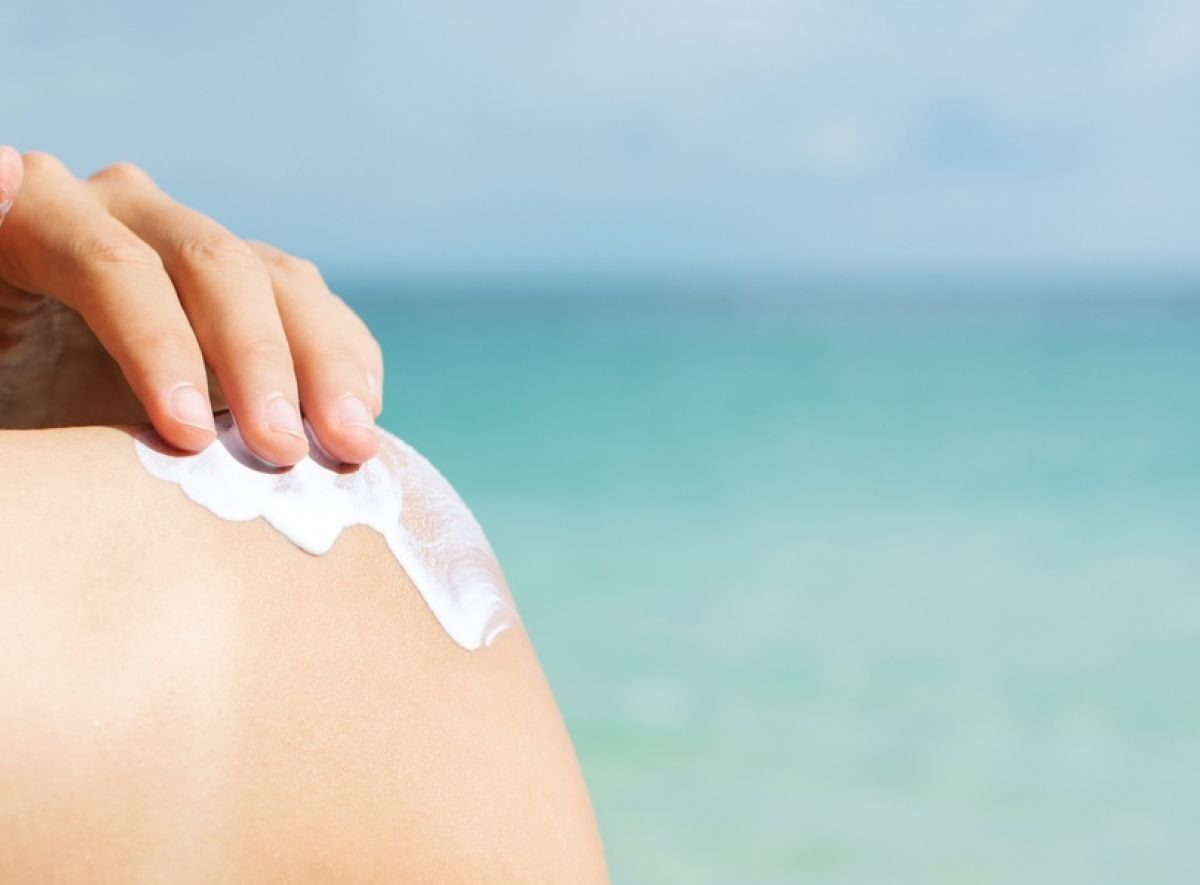THE ECOBEAUTYSCORE CONSORTIUM
Cosmetic and personal care companies and professional associations have come together and formed the EcoBeautyScore Consortium. So far, it is composed of 36 members from 4 continents, like Cosmetics Europe, The International Fragrance Association, L’Oréal Groupe, Shiseido, NAOS, Natrue, Unilever, Beiersdorf, and others. The Consortium remains open for other companies and associations to join, and states that it “is open to all cosmetics and personal care companies, regardless of their size or resources”.

The Consortium is “developing an industry-wide environmental impact assessment and scoring system for cosmetics“. Its main goal is to enable consumers to make sustainable choices, providing them clear, transparent and comparable environmental impact information, based on a common science-based methodology.
The members of the Consortium are closely working with the sustainability consultancy Quantis to co-build a scientific methodology. Their work plan is based on:
- A common method for measuring environmental impacts throughout the lifecycle of products, according to the principles of the ‘Product Environmental Footprint’ (the European Union’s PEF scientific method based on life cycle assessment (LCA) for quantifying the environmental footprint of products).
- A common database of environmental impact of standard ingredients and raw materials used in products and packaging (including during its use).
- A common tool that enable the assessment of the environmental impact of individual products, usable by non-experts.
- A harmonized scoring system, which enables companies to inform consumers about the environmental footprint of their cosmetics.
The prototype is expected to be published by the end of 2022. The first step is to provide the environmental scoring for a selection of product categories, which will verified after by independent parties.
The EcoBeautyScore Consortium will consult external experts (like scientists, academics and NGOs) and its published work may be used on a strictly voluntary basis by its members and all other interested parties.
References:
- The EcoBeautyScore Consortium Is Now Live With 36 Industry Players In a Breakthrough Initiative to Enable More Sustainable Consumer Choices. Press Release. The EcoBeautyScore Consortium.















